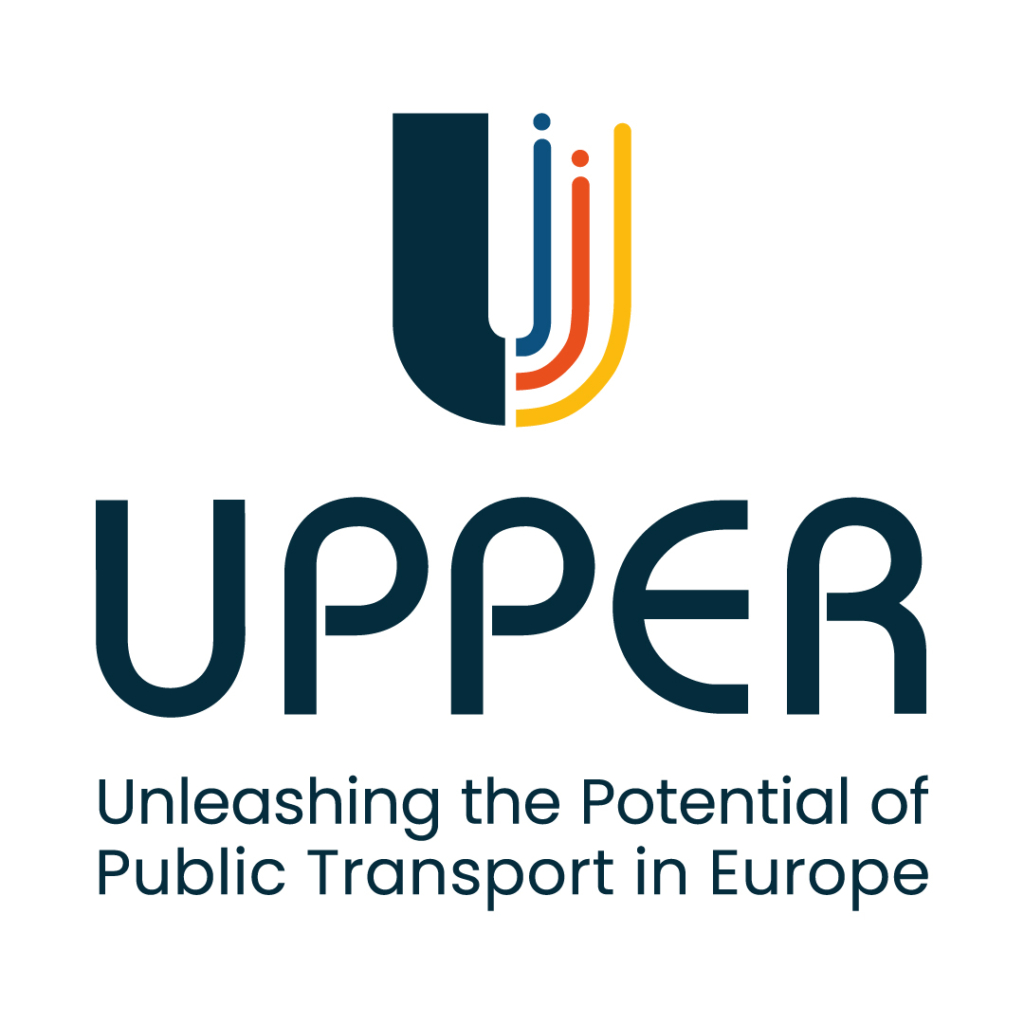EPF participates in the following projects
UPPER: Unleashing the innovative Potential of Public transport in EuRope (https://www.upperprojecteu.eu/)
UPPER aims to strengthen the role of public transport as the cornerstone of sustainable and innovative mobility. The project will implement a combination of measures looking to push people out of private cars and to pull them closer to public transport in 10 cities and regions across Europe: Valencia, Rome, Île-de-France, Oslo, Mannheim, Lisbon, Leuven, Budapest, Thessaloniki, Hannover region. Key milestones of the UPPER journey will be increasing public transport uptake by over 30% and user satisfaction by over 25%, without leaving anyone behind. At an operational level, UPPER will implement 84 measures and act on five innovation models to positively influence users’ choices: mindset and culture, urban mobility planning, mobility services ecosystem, road network management, and democratic governance.
GEMINI: Greening European Mobility through cascading innovation INItiatives (https://www.geminiproject.eu/)
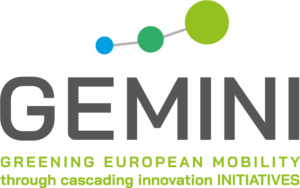 GEMINI’s vision is to accelerate the progress towards climate neutrality by reinforcing modal shift through the demonstration and uptake of new shared mobility services, active transport modes, and micro-mobility and their integration with PT in new generation MaaS services. Drivers of this transition will be the GEMINI Mobility Living Labs (MLL) in 8 cities (Amsterdam, Copenhagen, Helsinki, Ljubljana, Munich, Paris, Porto and Turin), engaging local communities in the implementation of their SUMPs and the co-creation, development and adoption of promising innovative mobility solutions.
GEMINI’s vision is to accelerate the progress towards climate neutrality by reinforcing modal shift through the demonstration and uptake of new shared mobility services, active transport modes, and micro-mobility and their integration with PT in new generation MaaS services. Drivers of this transition will be the GEMINI Mobility Living Labs (MLL) in 8 cities (Amsterdam, Copenhagen, Helsinki, Ljubljana, Munich, Paris, Porto and Turin), engaging local communities in the implementation of their SUMPs and the co-creation, development and adoption of promising innovative mobility solutions.
SIGN-AIR: Implemented Synergies, data sharing contracts and Goals between transport modes and AIR transportation (https://www.sign-air.eu/)
![]() The project will develop and pilot a new platform for the sharing of data in multimodal travel. The platform will provide the means for transport service providers (TSPs) to register, reach data sharing agreements with other TSPs and manage their contractual relationships. The project will address contract templates to simplify the legal management, the electronic management and information provision about each specific contract, routing information for travel companions (TCs) with enriched information about the specific contracts for their customers. The ultimate aim is to facilitate single ticketing through a comprehensive understanding of the contracts and the data managed, among others.
The project will develop and pilot a new platform for the sharing of data in multimodal travel. The platform will provide the means for transport service providers (TSPs) to register, reach data sharing agreements with other TSPs and manage their contractual relationships. The project will address contract templates to simplify the legal management, the electronic management and information provision about each specific contract, routing information for travel companions (TCs) with enriched information about the specific contracts for their customers. The ultimate aim is to facilitate single ticketing through a comprehensive understanding of the contracts and the data managed, among others.
InclusiveSpaces: Designs, Tools & Frameworks for Creating an Accessible & Inclusive Built Environment for All, for Now & for the Future (https://inclusivespaces-heproject.eu/).
 InclusiveSpaces specializes in the inclusive design and evaluation of urban spaces, focusing on accessibility and social cohesion for people with disabilities and older adults. The EU-funded project aims to develop innovative solutions that embrace universal design principles and climate-friendly practices. The key tools include travel demand data and accessibility evaluation, comfort-based accessibility mapping, routing for visually and mobility-impaired individuals, digitised accessibility audits for buildings and public spaces, and a Universal Design Manual for the Built Environment. Additionally, the project will provide advanced assistive technologies such as shared electric wheelchairs, beach accessibility devices, upright tricycles, and other indoor and outdoor assistive tools. Six European cities will be the testbeds, with findings shaping actionable policies for a more inclusive, climate-friendly future.
InclusiveSpaces specializes in the inclusive design and evaluation of urban spaces, focusing on accessibility and social cohesion for people with disabilities and older adults. The EU-funded project aims to develop innovative solutions that embrace universal design principles and climate-friendly practices. The key tools include travel demand data and accessibility evaluation, comfort-based accessibility mapping, routing for visually and mobility-impaired individuals, digitised accessibility audits for buildings and public spaces, and a Universal Design Manual for the Built Environment. Additionally, the project will provide advanced assistive technologies such as shared electric wheelchairs, beach accessibility devices, upright tricycles, and other indoor and outdoor assistive tools. Six European cities will be the testbeds, with findings shaping actionable policies for a more inclusive, climate-friendly future.
Hyper4Rail: A Giant Leap for Loop: Towards a harmonized implementable Hyperloop concept with Hyper4Rail (https://www.hyper4rail.eu/)
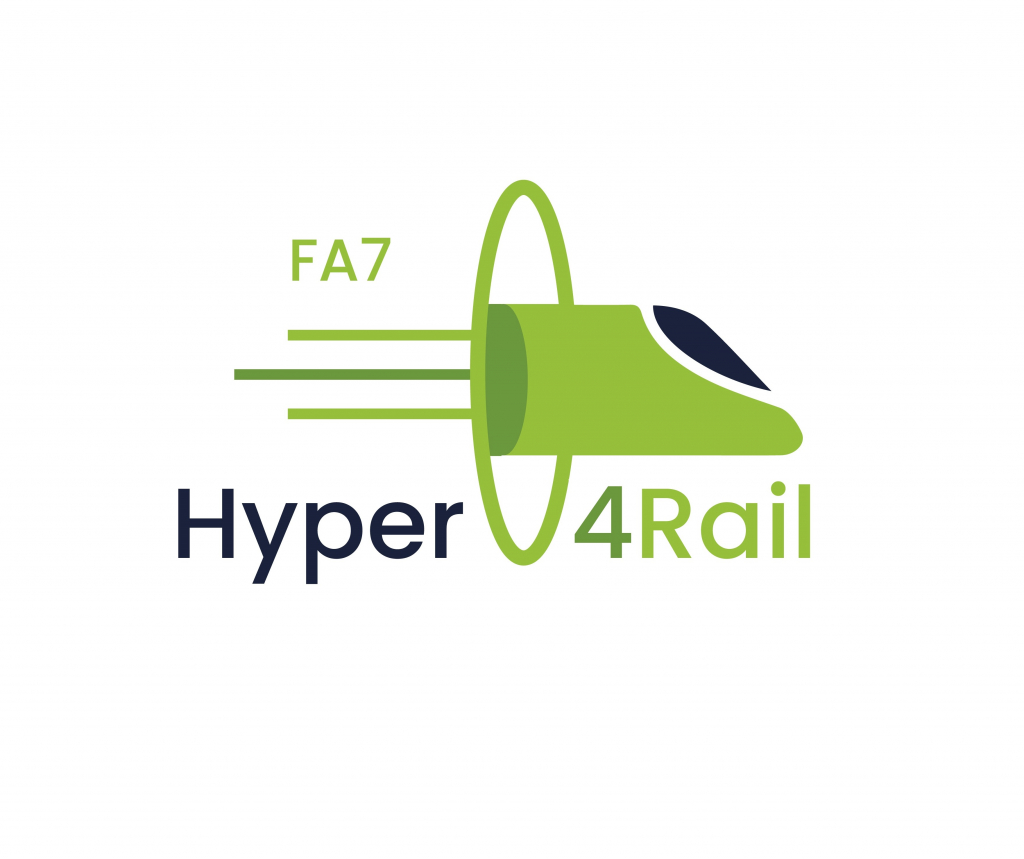 Hyper4Rail is a project funded by Europe’s Rail Joint Undertaking that researches very high-speed guided transport systems (hyperloop) within the European Union. The objective of the project, which consists of 27 international partners from both the public and private sector, is to harmonize and realize a concept design of the hyperloop system (TRL 2) and to validate the subsystem technologies required for the development of transport systems in a low-pressure environment (TRL 4), defining a common roadmap for the integration of hyperloop technology into the Trans-European network.
Hyper4Rail is a project funded by Europe’s Rail Joint Undertaking that researches very high-speed guided transport systems (hyperloop) within the European Union. The objective of the project, which consists of 27 international partners from both the public and private sector, is to harmonize and realize a concept design of the hyperloop system (TRL 2) and to validate the subsystem technologies required for the development of transport systems in a low-pressure environment (TRL 4), defining a common roadmap for the integration of hyperloop technology into the Trans-European network.
Previous EU projects
SHOW: SHared automation Operating models for Worldwide adoption (show-project.eu)
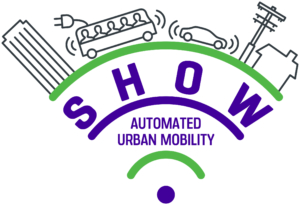 Urban traffic represents a serious challenge for European societies seeking effective and sustainable urban transport through technical solutions, business models and priority scenarios. The EU-funded SHOW project is realised by a consortium of 69 partners and applied in 20 European cities. It aims to estimate and evaluate the role of autonomous vehicles (AVs) in making urban transport more effective, sustainable and user friendly. The project will deploy a fleet of 74 AVs of all types including buses, taxis, MaaS connected automated cars and cargo vehicles for all transport users in both mixed traffic and dedicated lines operating under traffic speeds ranging from 18 to over 50km/h. The concept covers all urban automated mobility needs and all stakeholders’ demands.
Urban traffic represents a serious challenge for European societies seeking effective and sustainable urban transport through technical solutions, business models and priority scenarios. The EU-funded SHOW project is realised by a consortium of 69 partners and applied in 20 European cities. It aims to estimate and evaluate the role of autonomous vehicles (AVs) in making urban transport more effective, sustainable and user friendly. The project will deploy a fleet of 74 AVs of all types including buses, taxis, MaaS connected automated cars and cargo vehicles for all transport users in both mixed traffic and dedicated lines operating under traffic speeds ranging from 18 to over 50km/h. The concept covers all urban automated mobility needs and all stakeholders’ demands.
TOD-IS-RUR: Transit Oriented Development for Inclusive and Sustainable Rural-Urban Regions (www.todisrur.eu)
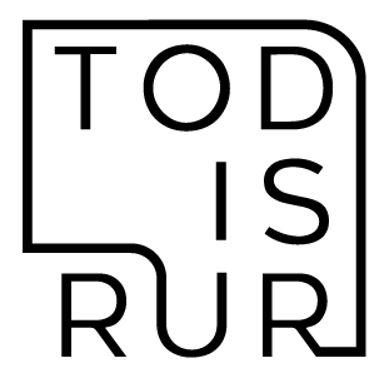 The Innovative Training Network (ITN) TOD-IS-RUR sets up an interdisciplinary, international and intersectoral network to make significant research contributions to the scientific and societal challenge of countering sprawl in Europe. The 9 Beneficiaries and 12 Partner Organizations create a unique platform for 10 Early Stage Researchers (ESRs), providing cutting-edge training to analyze rural-urban place-making and develop novel, context-based planning schemes for rural-urban regions (RURs). The network aims to extend the concept of Transit-Oriented Development (TOD) to RURs with a context-based approach, in which interactions between mobility and urbanization are studied in relation to social and environmental qualities. EPF will participate in training events and co-creation as a non-academic partner.
The Innovative Training Network (ITN) TOD-IS-RUR sets up an interdisciplinary, international and intersectoral network to make significant research contributions to the scientific and societal challenge of countering sprawl in Europe. The 9 Beneficiaries and 12 Partner Organizations create a unique platform for 10 Early Stage Researchers (ESRs), providing cutting-edge training to analyze rural-urban place-making and develop novel, context-based planning schemes for rural-urban regions (RURs). The network aims to extend the concept of Transit-Oriented Development (TOD) to RURs with a context-based approach, in which interactions between mobility and urbanization are studied in relation to social and environmental qualities. EPF will participate in training events and co-creation as a non-academic partner.
AURORA: sAfe Urban aiR mObility for euRopeAn citizens (aurora-uam.eu)
 As cities grow larger, they increasingly face problems caused by transport and traffic. Urban Air Mobility (UAM) offers a promising opportunity to mitigate road (surface) congestion by taking urban mobility to the third dimension – the airspace. The EU-funded project AURORA (sAfe Urban aiR mObility for euRopeAn citizens) will develop and integrate safety-critical technologies to support autonomous flight UAM in urban environments, focusing its demonstrations primarily on emergency-related applications. To foster adoption of UAM, AURORA will involve end-users and relevant stakeholders in all phases of its journey.
As cities grow larger, they increasingly face problems caused by transport and traffic. Urban Air Mobility (UAM) offers a promising opportunity to mitigate road (surface) congestion by taking urban mobility to the third dimension – the airspace. The EU-funded project AURORA (sAfe Urban aiR mObility for euRopeAn citizens) will develop and integrate safety-critical technologies to support autonomous flight UAM in urban environments, focusing its demonstrations primarily on emergency-related applications. To foster adoption of UAM, AURORA will involve end-users and relevant stakeholders in all phases of its journey.
IMPACTS: Inclusive Mobility – Public and Collaborative Trusted Spaces (https://www.impactsproject.com)
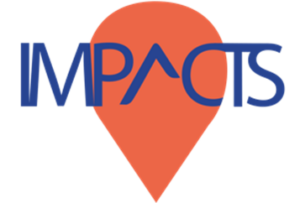 IMPACTS aims towards a human-centric public transport system that prioritizes passenger safety, encourages mutual support as well as enhances mobility services and urban environment through feedback mechanisms. The project focuses on the development, implementation, testing and commercialization of connecting and reporting innovations in public transportation. IMPACTS also focuses on the bottom-up community-based innovations in existing critical urban mobility infrastructure that can have a dramatic impact on how we move in our cities.
IMPACTS aims towards a human-centric public transport system that prioritizes passenger safety, encourages mutual support as well as enhances mobility services and urban environment through feedback mechanisms. The project focuses on the development, implementation, testing and commercialization of connecting and reporting innovations in public transportation. IMPACTS also focuses on the bottom-up community-based innovations in existing critical urban mobility infrastructure that can have a dramatic impact on how we move in our cities.
UMCASE: Citizens’ inclusive and accessible urban mobility solutions
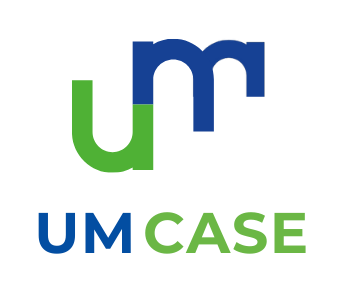 UMCASE is a one-year project, supported by EIT Urban Mobility. It focuses on providing cities a method to improve their transport solutions to make them better tailored to individual needs, and in particular those of vulnerable groups. This method is based on a design thinking approach that allows citizens, citizens’ representative organisations, relevant urban stakeholders, transport providers and businesses to work together during an intensive ideation cooperation. The UMCASE methodology and execution tutorial will be made available for cities, citizens, service providers and other stakeholders at the end of the project.
UMCASE is a one-year project, supported by EIT Urban Mobility. It focuses on providing cities a method to improve their transport solutions to make them better tailored to individual needs, and in particular those of vulnerable groups. This method is based on a design thinking approach that allows citizens, citizens’ representative organisations, relevant urban stakeholders, transport providers and businesses to work together during an intensive ideation cooperation. The UMCASE methodology and execution tutorial will be made available for cities, citizens, service providers and other stakeholders at the end of the project.
INDIMO: Inclusive digital mobility solutions (www.indimoproject.eu)
 New transport products and services should be fully accessible. However, vulnerable groups such as older people, the disabled, ethnic minorities and the poor do not enjoy unrestricted access to those services due to gaps in the development of digital mobility solutions. The EU-funded INDIMO project will support researchers, operators and policymakers to review and integrate the user perspective in the entire design and deployment process of digital mobility solutions. The project deploys an inclusive digital mobility toolbox, which comprises a universal design manual, universal language interface icons, guidelines for cybersecurity and data protection as well as a policy evaluation tool.
New transport products and services should be fully accessible. However, vulnerable groups such as older people, the disabled, ethnic minorities and the poor do not enjoy unrestricted access to those services due to gaps in the development of digital mobility solutions. The EU-funded INDIMO project will support researchers, operators and policymakers to review and integrate the user perspective in the entire design and deployment process of digital mobility solutions. The project deploys an inclusive digital mobility toolbox, which comprises a universal design manual, universal language interface icons, guidelines for cybersecurity and data protection as well as a policy evaluation tool.
R2A: Ride2Autonomy EU Project Learning Connection (summalab.nl/r2a)
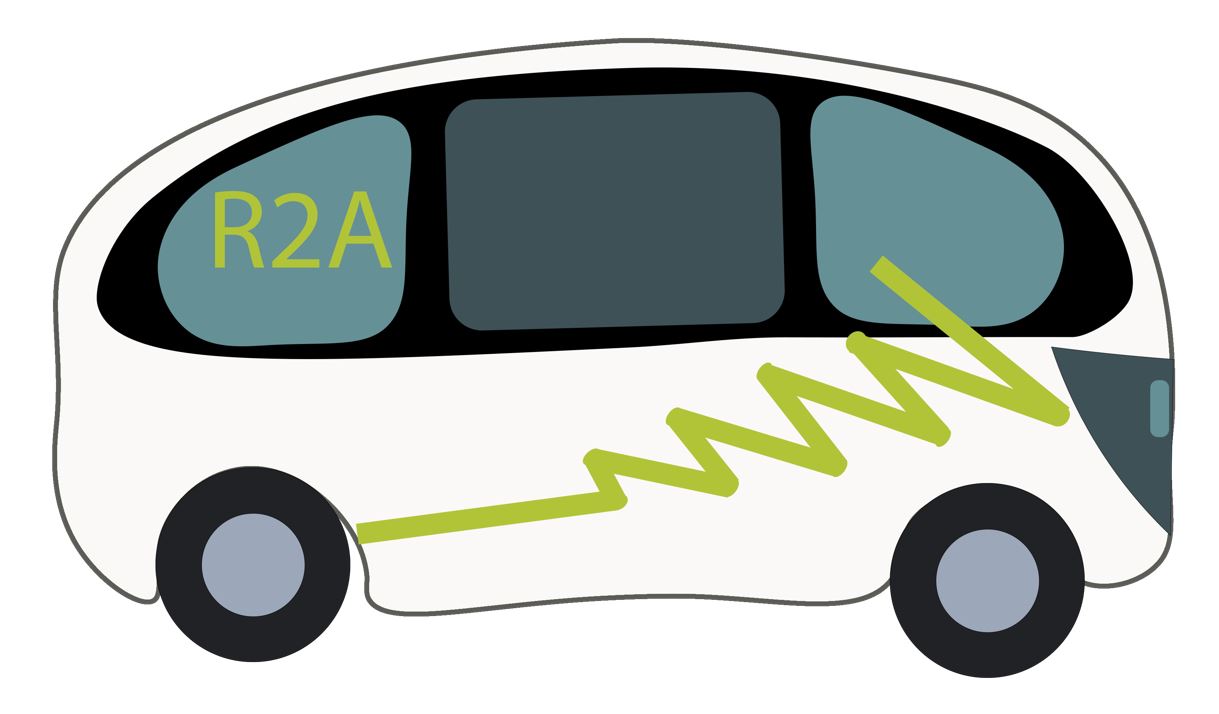 Ride-to-Autonomy demonstrates autonomous shuttles’ integration into the transport system in ten EU cities: Differdange (LU), Charleroi (BE), Aveiro (PT), Barcelona (ES), Inverness (UK), Trikala (GR), Tartu (EE), Reggio Emilia (IT), Tampere (FI), and Vianden (LU). The project analyses the system performance in view of safety and environmental impact, as well as its multimodal integration with the transport network. The individual and public response, as well as socio-economic potential of the services, are also looked at. The project aims at harmonising research and innovation efforts around automated shuttle solutions by assembling the lessons learned not just from the project’s ten pilot sites from ten EU member states, but also from a number of further sites and national networks (Summalab, SHOW, FABULOS, ARTFORUM).
Ride-to-Autonomy demonstrates autonomous shuttles’ integration into the transport system in ten EU cities: Differdange (LU), Charleroi (BE), Aveiro (PT), Barcelona (ES), Inverness (UK), Trikala (GR), Tartu (EE), Reggio Emilia (IT), Tampere (FI), and Vianden (LU). The project analyses the system performance in view of safety and environmental impact, as well as its multimodal integration with the transport network. The individual and public response, as well as socio-economic potential of the services, are also looked at. The project aims at harmonising research and innovation efforts around automated shuttle solutions by assembling the lessons learned not just from the project’s ten pilot sites from ten EU member states, but also from a number of further sites and national networks (Summalab, SHOW, FABULOS, ARTFORUM).
CES4Kids: Children and Youth Empowerment through DECIDIM Digital Platform
The EIT Urban Mobility project CES4Kids aims to deliver a direct participation experience to children and youth in the co-creation of mobility planning, while enabling cities, academia and industry actors to gain valuable data and knowledge on their mobility habits to be able to design more suitable solutions for them. The project will encompass the creation of educational content to be used in class; hands-on learning activities and awareness-raising events; and the elaboration, debate and prioritisation of proposals for improving public space and mobility services through the Citizen Engagement digital platform. In parallel, workshops will serve as testbeds for new mobility solutions aimed at improving daily mobility to schools and accelerating social acceptance of change.
TMaas: Traffic Management as a Service (www.tmaas.eu)
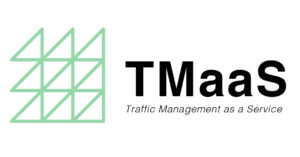 Current urban mobility centres are notoriously expensive, and focus on installing costly hardware in order to monitor traffic. The Ghent Mobiliteitsbedrijf developed ‘Traffic Management as a Service’ (TMaaS.eu), which is radically different: it is based on a fully digital, virtual platform that processes traffic data and provides real-time information to the residents of Ghent. To achieve this up-to-date flow of information the data are dealt with and distributed to the users automatically, so operators are no longer required to continuously monitor screens.
Current urban mobility centres are notoriously expensive, and focus on installing costly hardware in order to monitor traffic. The Ghent Mobiliteitsbedrijf developed ‘Traffic Management as a Service’ (TMaaS.eu), which is radically different: it is based on a fully digital, virtual platform that processes traffic data and provides real-time information to the residents of Ghent. To achieve this up-to-date flow of information the data are dealt with and distributed to the users automatically, so operators are no longer required to continuously monitor screens.
HiReach (www.hireach-project.eu)
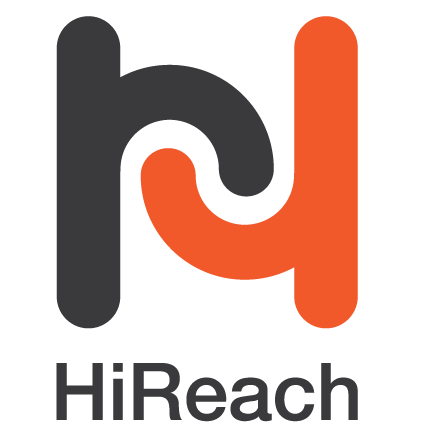 HiReach aims to tackle transport poverty by triggering new innovative mobility solutions to address the needs of vulnerable social groups and areas, sustained by products scaling up on mixed needs, backed by mobile information technologies and social innovations, using open tools, technology transfer and startup development techniques to find and exploit new business ideas that reach low accessibility social groups and areas.
HiReach aims to tackle transport poverty by triggering new innovative mobility solutions to address the needs of vulnerable social groups and areas, sustained by products scaling up on mixed needs, backed by mobile information technologies and social innovations, using open tools, technology transfer and startup development techniques to find and exploit new business ideas that reach low accessibility social groups and areas.
CIPTEC (www.ciptec.eu)
![]() CIPTEC aimed to bring new thinking and innovative solutions (service concepts and business models) into the sector of public transport, in order to create a favourable environment for public transport growth.
CIPTEC aimed to bring new thinking and innovative solutions (service concepts and business models) into the sector of public transport, in order to create a favourable environment for public transport growth.
GOF4R (www.gof4r.eu)
![]() The objective of the Governance of the IF for Rail and Intermodal Mobility (GoF4R) project was to define sustainable governance for the IF (Interoperability Framework, developed within the Shift2Rail IP4 programme) that will create the right conditions to introduce seamless mobility services and foster the development of multi-modal travel services. GoF4R helped to overcome obstacles impeding development of market innovation by fostering a large acceptance of the “semantic web for transportation.”
The objective of the Governance of the IF for Rail and Intermodal Mobility (GoF4R) project was to define sustainable governance for the IF (Interoperability Framework, developed within the Shift2Rail IP4 programme) that will create the right conditions to introduce seamless mobility services and foster the development of multi-modal travel services. GoF4R helped to overcome obstacles impeding development of market innovation by fostering a large acceptance of the “semantic web for transportation.”
IT2RAIL (www.it2rail.eu)
 The IT2Rail – “Information Technologies for Shift2Rail” – project is a first step towards the long term IP4 – “IT Solutions for Attractive Railway Services”, one of the Shift2Rail Joint Undertaking’s Innovation Programmes, which aims at providing a new seamless travel experience, giving access to a complete multimodal travel offer which connects the first and last mile to long distance journeys. The traveler is placed at the heart of innovative solutions, accessing all multimodal travel services (shopping, ticketing, and tracking) through its travel-companion; an open published framework is providing full interoperability whilst limiting impacts on existing systems, without prerequisites for centralized standardization.
The IT2Rail – “Information Technologies for Shift2Rail” – project is a first step towards the long term IP4 – “IT Solutions for Attractive Railway Services”, one of the Shift2Rail Joint Undertaking’s Innovation Programmes, which aims at providing a new seamless travel experience, giving access to a complete multimodal travel offer which connects the first and last mile to long distance journeys. The traveler is placed at the heart of innovative solutions, accessing all multimodal travel services (shopping, ticketing, and tracking) through its travel-companion; an open published framework is providing full interoperability whilst limiting impacts on existing systems, without prerequisites for centralized standardization.
Cross-border rail study
The European Passengers’ Federation, as a subcontractor to KCW, was involved in a study commissioned by the Directorate-General for Regional and Urban Policy of the European Commission (DG REGIO) on the Comprehensive analysis of the existing cross-border transport connections and missing links on the internal EU borders. The study consists of the following: the preparation of an inventory of existing and missing cross-border rail connections (infrastructure and services); an assessment of the demand potential of all missing and not fully exploited routes, together with an appraisal of the socio-economic case for capital investment and improved services; a ranking of all routes for which sufficient demand potential has been identified but action is required.
NODES (www.nodes-interchanges.eu)
![]() New Tools for Design and Operation of Urban Transport Interchanges was a three-year European research project, that focused on the efficient integration of public transport services.
New Tools for Design and Operation of Urban Transport Interchanges was a three-year European research project, that focused on the efficient integration of public transport services.
![]()
![]() USEmobility (www.usemobility.eu)
USEmobility (www.usemobility.eu)
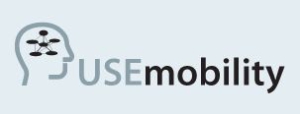 The EU project USEmobility applied a new approach to the analysis of European mobility behaviour. It particularly aimed to find out why people decided to switch from pure car use to public transport within the past 5 years. In the course of a two-year study (2011-12), our experts conducted an extensive survey and have developed future scenarios of environmentally friendly multimodal mobility.
The EU project USEmobility applied a new approach to the analysis of European mobility behaviour. It particularly aimed to find out why people decided to switch from pure car use to public transport within the past 5 years. In the course of a two-year study (2011-12), our experts conducted an extensive survey and have developed future scenarios of environmentally friendly multimodal mobility.



